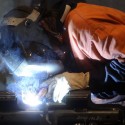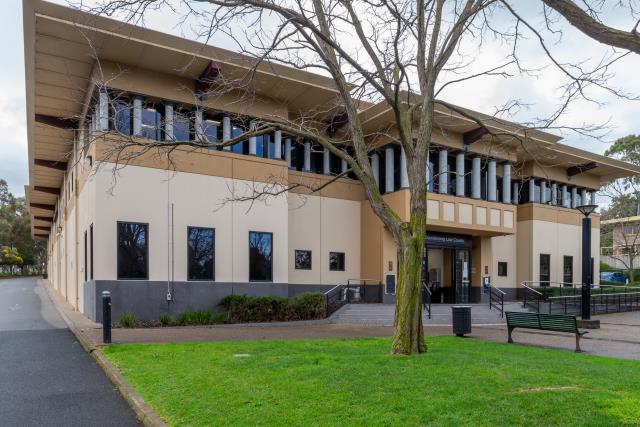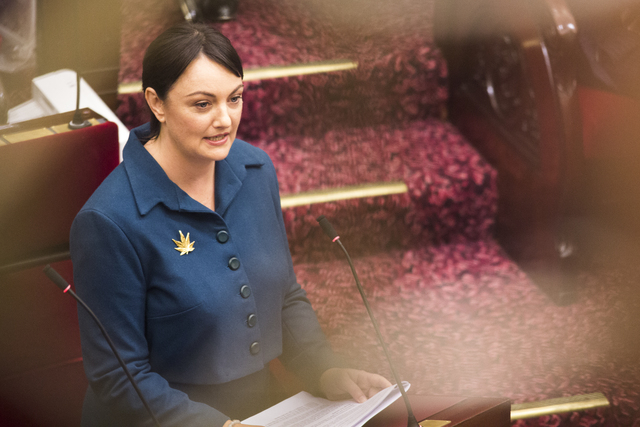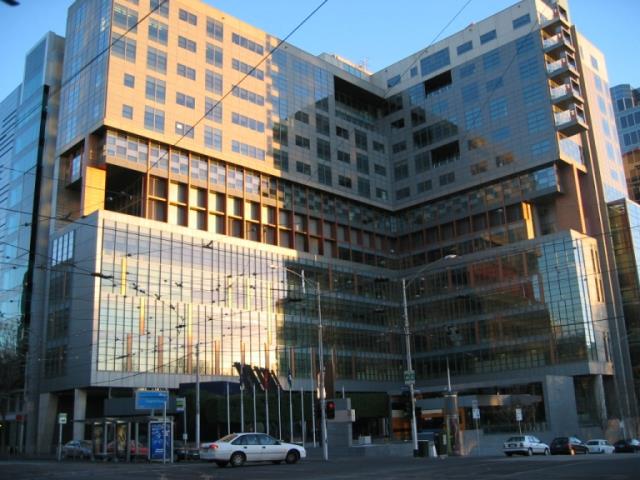By CASEY NEILL
A HALLAM business is spending $3000 a month on internet access that the National Broadband Network could deliver for hundreds.
Wastech Engineering business systems co-ordinator David Elliott said connecting businesses should be the priority for NBN Co.
“It really does put a big dampener on businesses, especially in this area,” he said.
“We have a CAD (computer-aided design) drawing department.
“We’re constantly sending and receiving drawings between customers and suppliers and ourselves so that we get the products right first time.”
Mr Elliott said uploading one 400mb file could take two hours with a standard connection.
“We can upload that file in about 10 minutes,” he said.
“An hour later the whole job is drawn, signed off, instead of having to wait days between revisions.
“It still allows us to connect to the internet as quickly as we need to, but that’s only because we’re spending a fortune to do so.”
His comments followed a report from Southern Melbourne Regional Development Australia (RDA) Committee and the Greater Dandenong, Kingston and Frankston councils released on 27 April.
It found slow internet was costing business in the south east more than 1000 jobs and $8.4 million in yearly growth.
They are using the results to urge NBN Co to review its rollout priorities to industrial areas throughout the south east.
The report, based on a survey of 322 businesses that employ more than 6500 people, concluded that inadequate internet access was constraining innovation.
More than 70 per cent of respondents said their productivity would improve by up to 20 per cent if they were connected to high speed broadband.
More than 25 per cent would seriously consider relocating to access it and two thirds were unhappy with their current internet service.
Southern Melbourne RDA committee member Tony Lupton wants the report to change the narrative about NBN.
“It’s not just about downloading movies,” he said.
Fellow member Lyndon Joss said NBN Co had to achieve connection targets and that domestic connections were easier and faster to complete.
“Businesses are not getting the connection they need and they’re suffering,” he said.
Mr Joss said some businesses were spending thousands of dollars – sometimes more than $20,000 – to install their own improved internet connections.
“They can’t wait any more because they can’t get any information about when it’ll go in,” he said.
An NBN Co spokesperson said the company’s goal was to make fast broadband available to all Australian homes and businesses by 2020.
“Economic and physical resource constraints prevent us connecting everyone at the same time,” a statement said.
“As a result, we must build the network in a systematic, efficient and cost effective manner.
“We are working hard to do this as quickly as possible and at least cost to Australians.
“Ultimately, nobody will miss out.”
View the full report at www.rdv.vic.gov.au/smrda.







